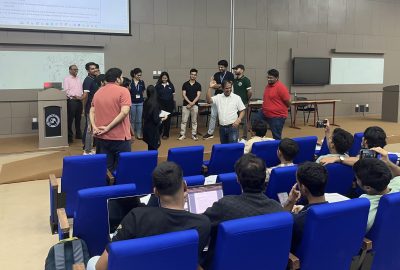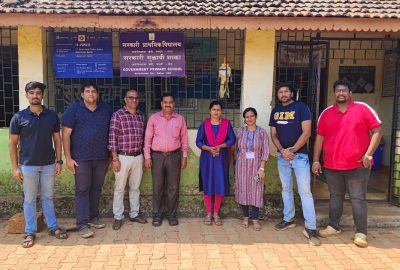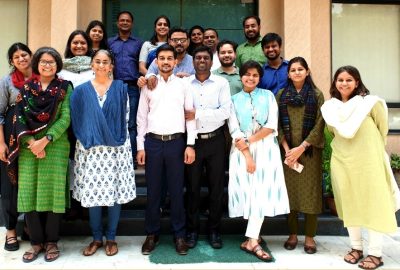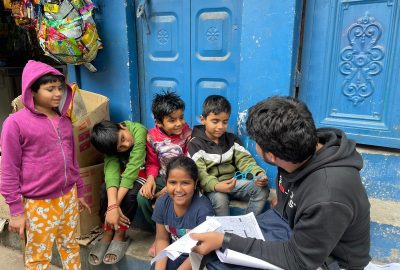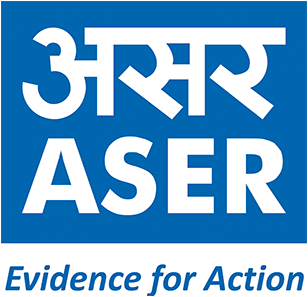About
ASER’s capacity building initiatives are based on the belief that action must be grounded in evidence. The courses ASER Centre offers are intended to build capacities of individuals and organizations to understand reality, connect theory to practice, collect and analyze evidence in a systematic way and use evidence to inform action.
We offer courses and conduct workshops with content customized for various audiences. Key features of all modules include field exposure, group work and presentations. In each case, the effort is to understand how inputs and processes come together to generate outcomes and to plan next steps based on this understanding.
In the past, ASER has conducted workshops on how to read the ASER data, how to conduct the ASER survey, how policy translates into practice among others. We have conducted trainings with government departments, District Institutes of Education and Training (DIETs), and institutes like Tata Institute of Social Sciences (TISS), Indian School of Public Policy (ISPP), and Goa Institute of Management (GIM).
Our flagship courses
1. Introduction to the Annual Status of Education Report (ASER) survey
This course primarily focuses on conducting an ASER-like survey. It serves as an introduction to survey implementation, guiding learners through the intricacies of data collection and analysis. The course is a blend of classroom training on how to collect the data and administer the ASER tool along with field practice before actual data collection. Subsequently, it includes sessions on basic data analysis to interpret the collected data and utilize the evidence to facilitate action.
Modules
- Introduction to ASER
- How to administer the ASER tool
- Field pilot
- Data collection
- Data analysis

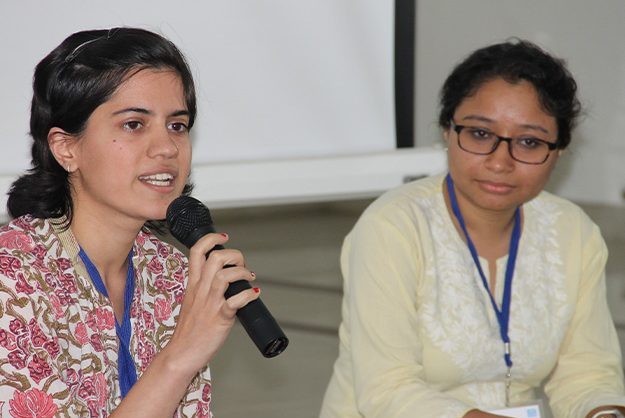
2. Introduction to data
This course is an introduction to data and how it can be used to identify problems and create solutions. The modules address how to read and interpret data while emphasizing the importance of credibility. The course also delves into the ethics of research and data collection. And depending on the requirement of the learners, the course also has an optional module on questionnaire design that deals with different aspects of creating an effective data collection tool that can gather relevant data.
Modules
- Introduction to data
- Understanding and using data to identify problems
- Using data to diagnose underlying causes
- Questionnaire design (optional)
Frequently asked questions
